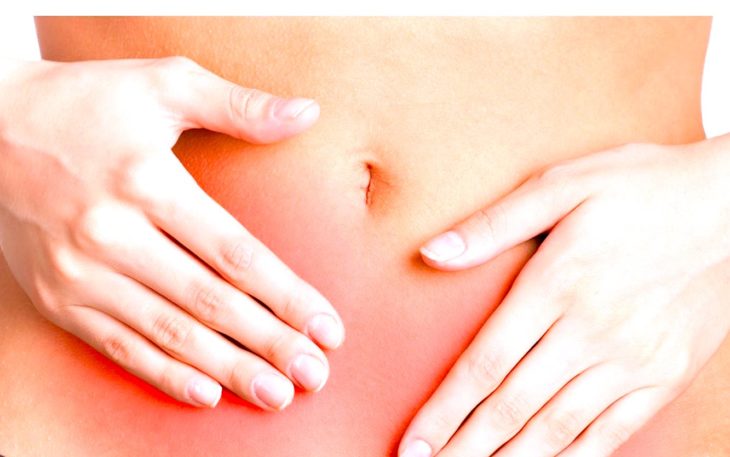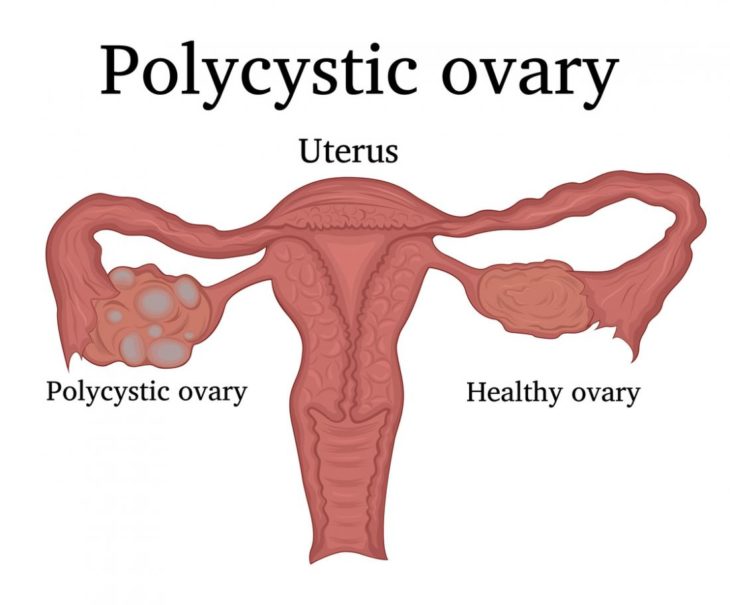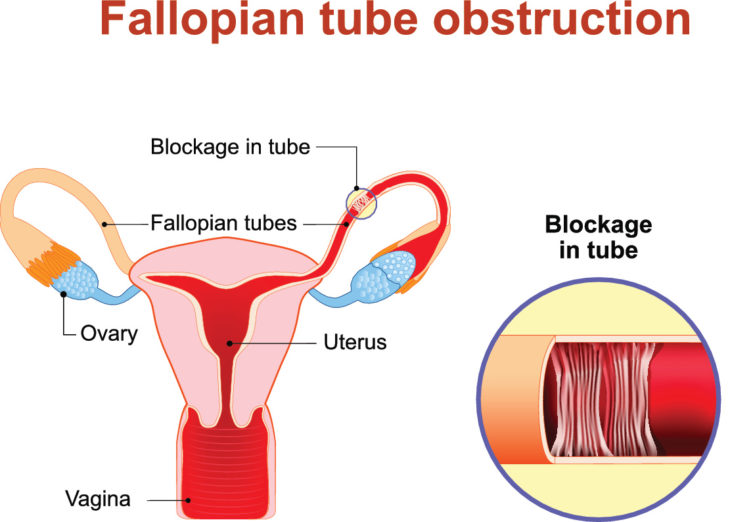The most common causes of infertility in women often go unnoticed until you try and conceive. This can leave many couples feeling discouraged and wondering whether they will ever be able to get pregnant. Infertility, however, is a condition that is treated far more common now and it is possible for most to have a successful pregnancy. But before jumping into treatment options, it is important to understand why your body might not be getting pregnant, and how you can help it along. You may even be able to do so with other methods sometimes. Below are the most common conditions associated with infertility.
Contents
Endometriosis
What it is: This is a condition in which endometrial tissue grows outside the uterus. This excess growth can cause fallopian tube blockages and ovulation problems.
Symptoms: Painful periods, pelvic pain, painful urination or bowel movements during menstruation.
Treatments: Laparoscopic surgery is most commonly used to treat endometriosis by removing abdominal tissue or unblocking tubes, certain fertility pills are also used such as intrauterine insemination or in-vitro fertilization.

Img source: nutritionstrategies.com.au
Ovulation Problems
What it is: When someone says ovulation problems ‘they are referring to anything that prevents an ovary from releasing a mature egg,
Symptoms: Usually symptoms are related to menstruation – missed periods, or very light or very heavy bleeding. Infrequent or irregular cycles can signal problems too.
Treatments: Ovulation-stimulating medications or prolactin suppressants. These can include clomiphene, bromocriptine and others.
PCOS (Polycystic Ovary Syndrome)
What it is: Small cysts may grow on the ovary during each cycle, disrupting ovulation. PCOS is caused by a hormonal imbalance.
Symptoms: Symptoms are usually mild, but can include weight gain, irregular periods or excessive body hair growth.
Treatments: Treatments options can include small, natural lifestyle changes such as losing weight or dietary changes. Ovulation-stimulating meds are also used when needed.

Img source: medicalnewstoday.com
Low Egg Quality
What it is: Low egg quality typically develops in women over age 35. Egg quality declines during this time and can lead to damaged eggs, or eggs with abnormalities that cannot sustain a pregnancy.
Symptoms: The only symptoms here are difficulty conceiving and miscarriages.
Treatments: Egg or embryo donation or surrogacy is typically the options most couples use. Some also choose to adopt.
Tube Blockages
What it is: Blocked or damaged fallopian tubes can cause eggs to not be able to reach the uterus or can stop sperm from reaching eggs. Pelvic inflammatory disease, STDs and previous sterilization surgeries can all be factors.
Symptoms: Aside from the inability to conceive, there are no other symptoms.
Treatments: Laparoscopic surgery to open the tubes. IVF is another option if tubes are too damaged to be repaired with surgery and for that, you can check www.ivfauthority.com

Img source: pregistry.com
Determining the Problem
To find out what the cause of infertility might be, your doctor may order any one of several tests. These can include:
- blood tests to check your hormone levels
- endometrial biopsy to check the lining of the uterus
In certain cases where tubes might be blocked or excess scar tissue is present, these tests may also be ordered:
Hysterosalpingography (HSG): this test includes x rays and ultrasounds taken of the reproductive organs.
Laparoscopy: A small tube with a fiber optic camera is inserted into the abdomen through a very small incision. This way, the doctor can see the uterus, ovaries and fallopian tubes easily and be able to diagnose conditions.
No matter what problems you are experiencing, it is important to discuss it with your doctor. That way you can get to the root of the problems and find solutions sooner!
